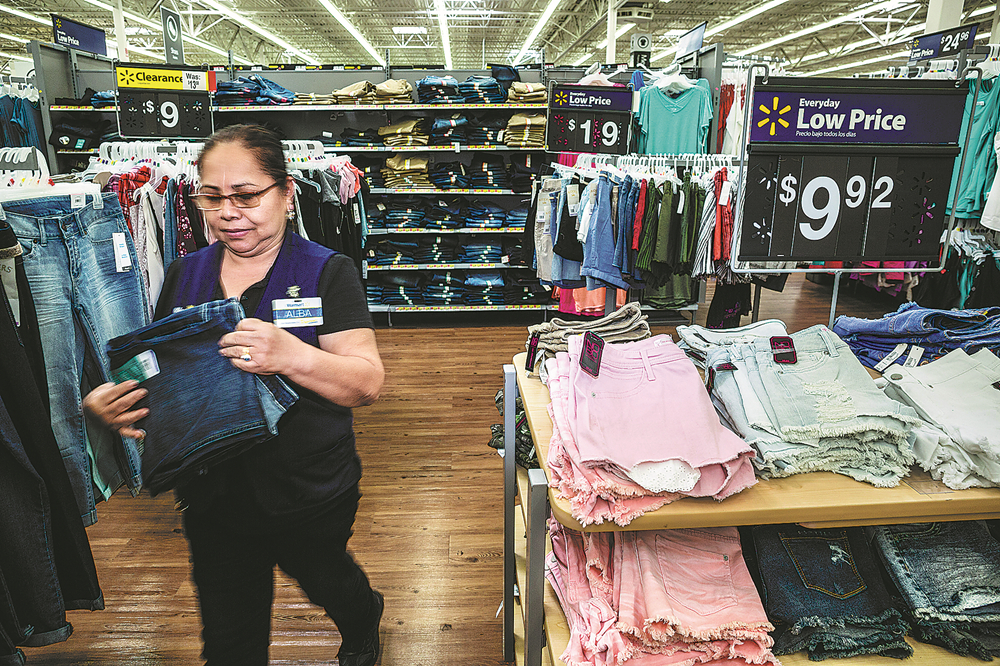Tariffs could hit low-income folks more, expert says


As trade tensions escalate, experts worry that consumers, especially those with low incomes, could suffer the most from rising prices.
The US is due to impose 25 percent tariffs on $34 billion in Chinese goods on Friday, and China has declared it would retaliate in kind.
"If the US actually does impose the tariffs, the tariffs will eventually have some effect on the price of consumer goods," Larry Karp, professor of agricultural and resource economics at University of California, Berkeley, told China Daily on Tuesday.
The increased costs that US producers will face due to costlier imports to some extent will be passed on to consumers, he explained.
The price changes may not be felt suddenly, as it will take time for them to work their way through the system, he said.
But when these costs filter down to consumers, it's likely to be low-income people who suffer the most because they are least able to change their spending patterns, Karp said.
In California, where merchant shipping, trade and related industries are major economic engines, a potential trade war could bruise an otherwise healthy economy.
"Clouds are on the horizon" for California especially if the trade war intensifies, said Jim Doti, chair of business and economics at Chapman University.
"If a recession hits, it will hit California much harder than any other state because we are so aligned with consumption," he said in an article posted on the university's website on June 22.
Karp said the possibility of a trade war is real.
"Trump has shown a willingness to walk up to the brink of a trade war. Unless he is restrained by US domestic interests, he is capable of taking us into such a war," he said.
There's no evidence available to speculate on the distribution of the impact of those tariffs in the US, but Karp said it would fall more on Midwestern states.
"The Chinese and Europeans are making an effort to target places that support Trump, to the extent that their success in doing that suggests they are unlikely to hit California," he explained.
It doesn't mean California could escape, he added.
"The US is a major agricultural exporter, and many of the products that we export have substitutes that are also produced by other exporters. For those reasons, it's plausible that the US agricultural industry will suffer from the trade war," he said.
"For many years, world trade was a rule-based process; the rules were certainly imperfect and changing from time to time," said Karp. "It seems to me Trump has kind of departed from that approach. The outcome is it's not something that any people can predict."
Contact the writer at liazhu@chinadailyusa.com

































